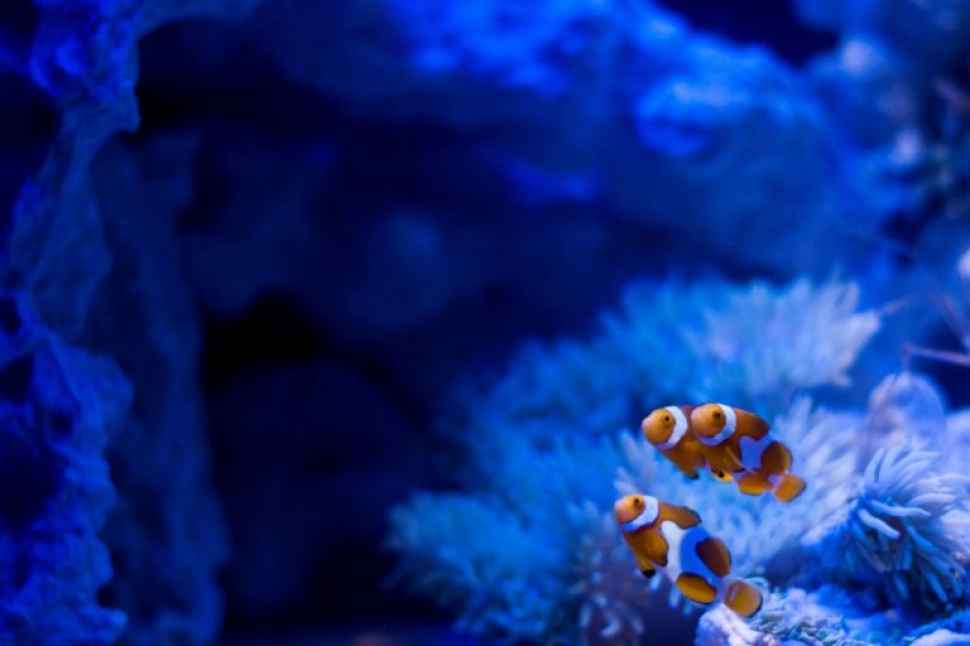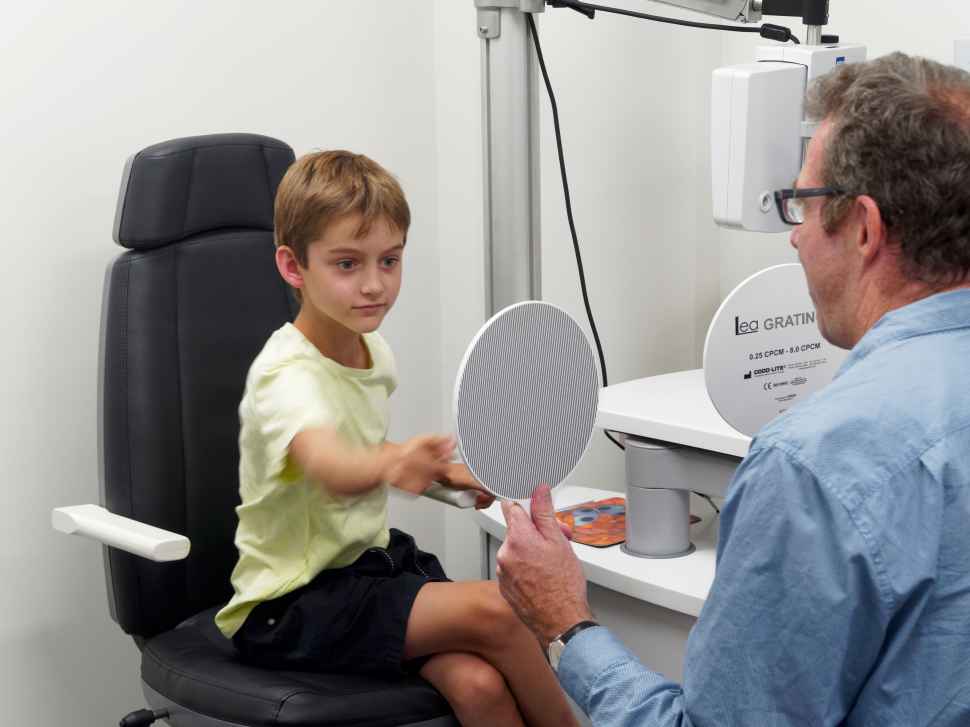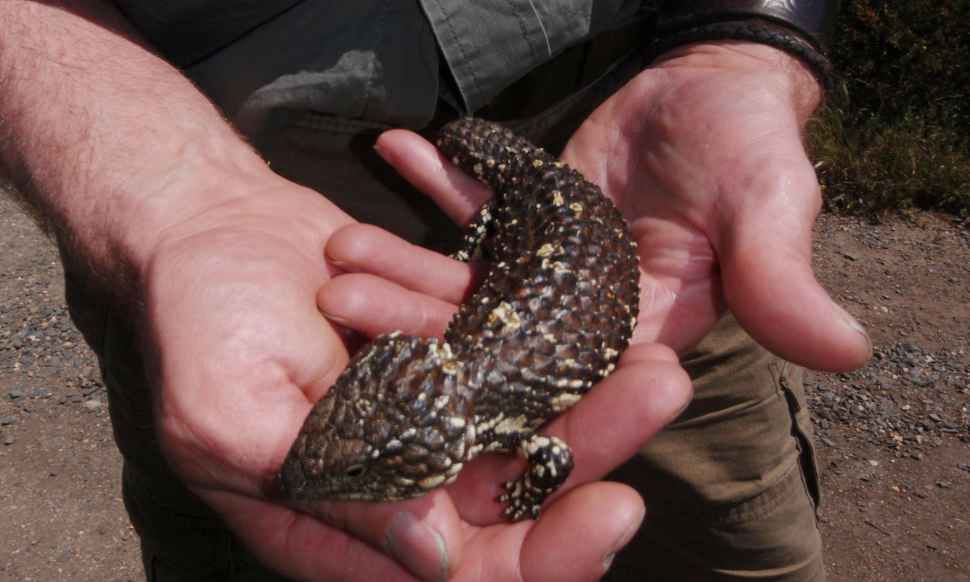Solve global challenges
Through research, and research-led teaching, we build and develop the knowledge and capabilities that improve lives and enhance society as a whole.
Your gift can help support our projects, which are finding practical solutions to real-world challenges and create hope for a better future.

Dr Emily Fobert, Impact Seed Funding for Early Career Researcher grant recipient, and Deputy Vice-Chancellor (Research), Professor Rob Saint
Supporting early career researchers to tackle global challenges
Flinders research is changing the world for the better and we recognise the contribution which our Early Career Researchers (ECRs) make to our University and the community as thought leaders.
The Research Fund (Early Career Research) was established to retain, attract and support those early in their career demonstrating outstanding research calibre and potential, and whose ground-breaking work has the potential to make a difference.
The Impact Seed Funding for Early Career Researchers program provides an opportunity for ECRs to facilitate their own research, mature their leadership capabilities and build their reputation both as a supervisor and a researcher. This investment may represent a researcher’s first independent research funding and provide a springboard to larger projects and grant opportunities. The seed funding creates opportunities to showcase research on the international stage or form collaborative partnerships with industry and government stakeholders.
Through the support of the community the Impact Seed Funding for Early Career Researchers program has funded almost 30 emerging researchers over the past three years. Each recipient accessing up to $10,000 to support brave new research that has the potential to create positive change within our community.
Your support creates new opportunities for Flinders early career researchers to carve their unique research pathways, build international collaborations, and make new discoveries that can change lives.
Saving Nemo at the heart of Flinders conservation program
Over 1 million individuals from the clownfish family (Pomacentridae) are taken from the reef every year for the aquarium trade. In some areas they are now going extinct from over-collection and coral bleaching. The good news is that clownfish breed easily in nurseries unlike Regal Blue Tangs (Dory) where 100% are still being taken from the wild.
Our solution is to supply aquarium stores with nursery bred fish, to educate consumers and to lead scientific research focussed on conservation.
The Saving Nemo Research Fund aims to support sustainable fisheries, conservation and aquaculture innovation research to protect tropical marine aquarium species.
Flinders’ School of Biological Sciences’ conservation expert, Associate Professor Karen Burke da Silva, is leading a team of researchers conducting innovative techniques to improve breeding success and survival of clownfish bred in captivity to supply the Australian market. With your help we can protect marine aquarium species for future generations.
Read more about the conservation program.


Understanding the complexities of vision and its disorders
Your support for the Optometry, Education Eye Care and Research Fund will ensure we can build on our vital research, create impactful community education programs and clinics and, via scholarships and fellowships, support the Optometrists of tomorrow to provide services to regional and rural communities – where they are needed the most.
In an Australian-first for Optometry, Flinders Vision has opened a new clinic, specifically designed for people with Autism Spectrum Disorder. Thanks to the generosity of alumni and friends of Flinders, their support recently resulted in the purchase of much needed equipment for the Flinders Vision Autism Clinic. Other initiatives on the horizon that need your support include the Mobile Optometry Service, which will deliver eye-care to those who find it difficult to get to their local Optometrist.
“More than 50 per cent of our recent graduates elected employment in regional practices. Consequently, our graduates are actively improving vision and eye care services in areas who have traditionally not had access to services we take for granted in metropolitan areas of Australia”
Professor Pesudovs Chair of Optometry and Vision Science









